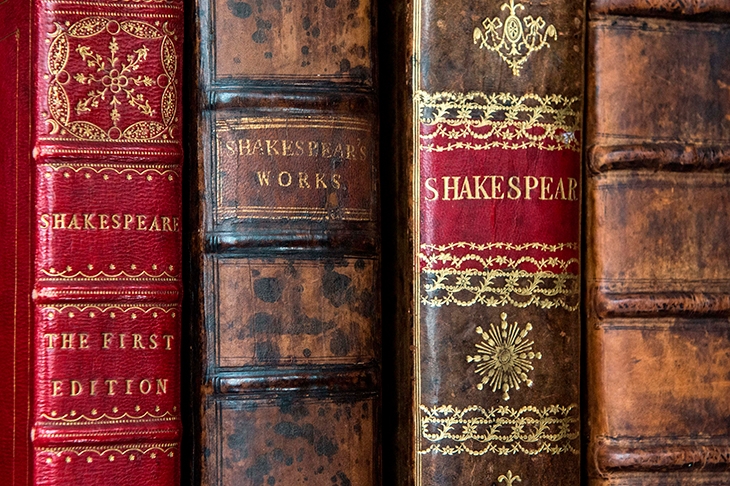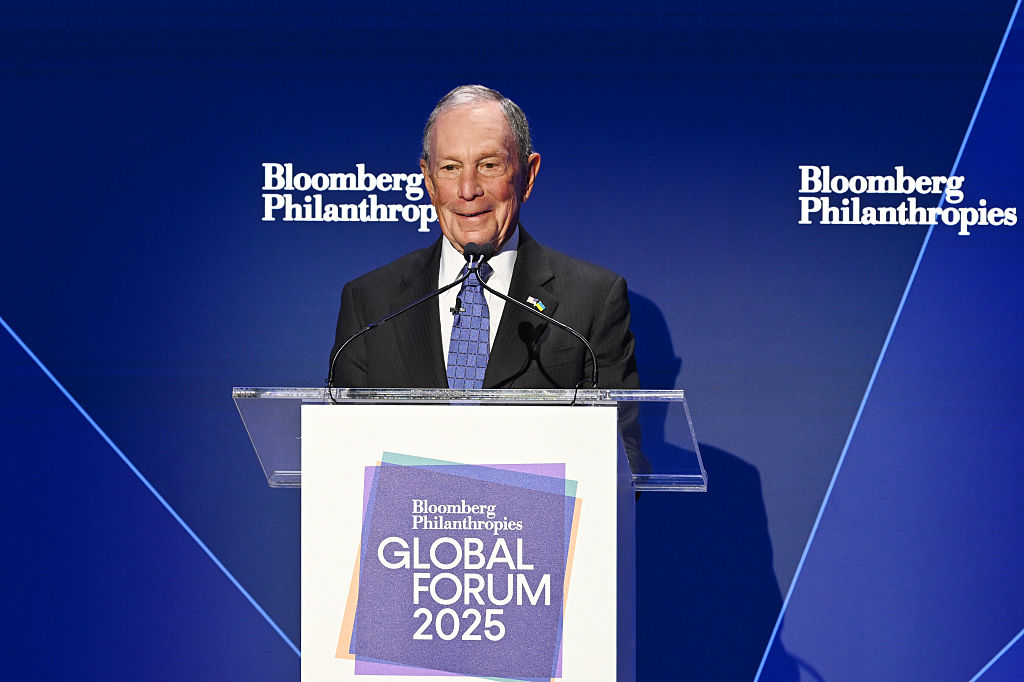Scarcely a day passes without a major British institution announcing it is ‘decolonizing’ itself. Most recently it was the turn of Shakespeare’s Globe, which announced a series of ‘anti-racist Shakespeare webinars’ as part of its ‘commitment to decolonizing the plays of Shakespeare’. That brought me up short. At the time of Shakespeare’s birth, England didn’t have any colonies, although other European states did. True, The Tempest can be read as a metaphor for colonialism, with Prospero taking Sycorax’s island from her and enslaving Caliban, but Prospero is Milanese, not British. And it’s not exactly an argument in favor of colonial rule. Prospero wants nothing more than to return to Milan to reclaim his dukedom. He’s only on the island because his brother usurped him — he didn’t colonize it to enrich himself or his royal patron.
Perhaps I haven’t fully grasped what ‘decolonizing’ means. I was similarly confused when Oxford University announced last week that it is considering phasing out imperial measurements in its efforts to decolonize its math, physics and life sciences faculties. Miles, inches, yards, pounds and ounces are ‘tied deeply to the idea of the Empire’, apparently. But aren’t kilometers, centimeters, meters, kilos and grams tied pretty closely to Napoleon’s First French Empire? Why replace a system of measurement linked with Britain’s Empire to one linked with France’s?
Sometimes the decolonizes single out Britain for special treatment in this way — any reference to our colonial past has to be accompanied by self-flagellation. The behavior of other European colonial powers — France, Belgium, Spain, Portugal, the Netherlands, etc — is never quite as bad, even though it was often much worse. But at other times it’s Europe in general that gets placed on the naughty step — for instance, when university reading lists are cleansed of dead white European males.
Researchers at Imperial College London have created a computer program that can help universities decolonize in this second sense, analyzing the authors on a reading list according to whether they’re located in the ‘global south’ or ‘global north’. The more there are from the former, the more points you get.
Leaving aside the irony of this tool being developed by a university that celebrates the British Empire in its name, the problem is that nearly every country or region has tried to colonize others if you go back far enough, including many in the global south. For instance, if your object is to decolonize a reading list, why give a free pass to Egyptian authors? Ancient Egyptians colonized Canaan and practiced slavery. And what about the sins of the Zulu Kingdom? The belief that colonialism and slavery were confined to countries in the global north is historically illiterate.
The other problem with trying to purify reading lists in this way is that it ignores the fact that great scientists and philosophers aren’t representative of one particular country or tradition, but contain multitudes. They’re influenced by a huge range of different cultures from both the global south and the global north. Take Sir Isaac Newton: last month, Sheffield University suggested he would be expunged from the engineering curriculum because he was the beneficiary of ‘colonial-era activity’. But when Newton said ‘If I have seen further it is by standing on the shoulders of giants’, he didn’t just mean dead white European men. He was referring to the scientific and mathematical knowledge bequeathed to him from many different parts of the world, including the Middle East — the western number system is based on Arabic numerals, after all.
You’d think the decolorizers would know better than to fetishize the European ancestry of the intellectual titans of modern science, because that’s precisely what white supremacists do when they claim that ‘white’ cultures are superior to others. Nearly all cultures are a hodgepodge of different influences and traditions, so there’s really no such thing as a ‘white’ civilization. By claiming that there is, the decolonizes accept the flawed premise of the political ideology they claim to be fighting against.
Rather than categorize great writers and thinkers as belonging to particular ethnic and racial groups, wouldn’t it be better to see them as transcending these narrow pigeon-holes and belonging to all of us? Forget about decolonizing university reading lists and the plays of Shakespeare. Let’s rehumanize them.
This article was originally published in The Spectator’s UK magazine. Subscribe to the World edition here.

























